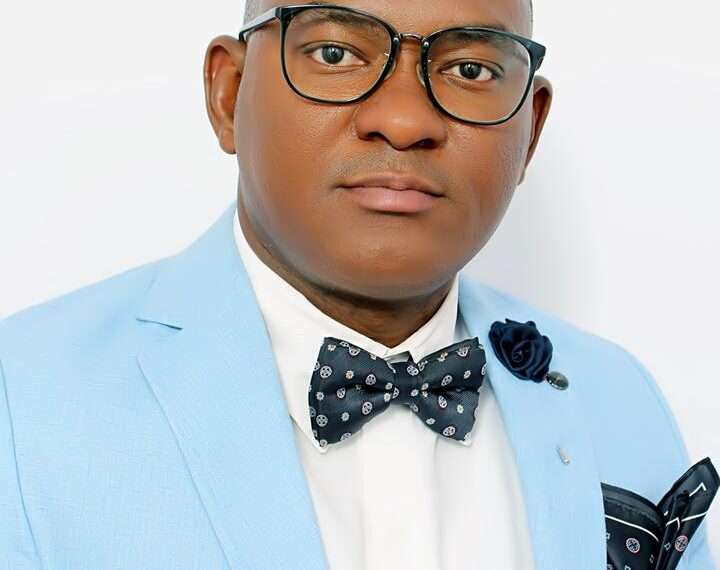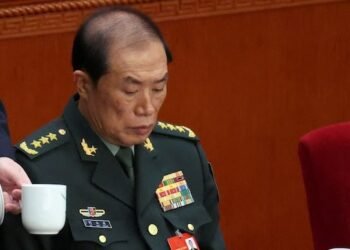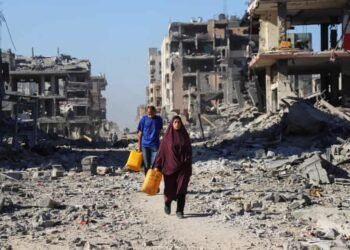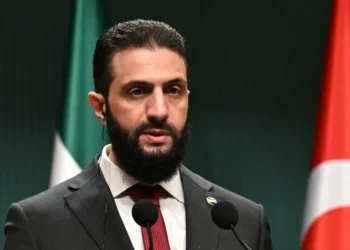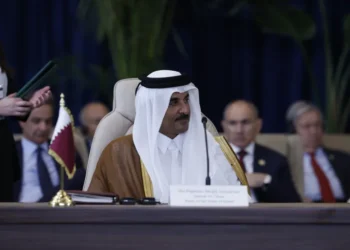Qatar now finds itself in a very difficult position, caught between its role as mediator in the Israeli-Palestinian conflict and Israel’s vow to strike Hamas leaders on Qatari soil.
Hosting members of Hamas for negotiations has long made Doha a critical player in diplomacy, but Israel’s threats to “hit Hamas wherever they are” have placed the Gulf state at the heart of a dangerous escalation.
This dilemma framed the extraordinary emergency summit of Arab and Muslim nations held in Doha, where leaders of the Arab League and the Organisation of Islamic Cooperation (OIC) gathered to declare solidarity with Qatar and condemn Israel’s unprecedented strike on the Qatari capital.
The meeting cast the attack as a destabilizing assault on regional peace and urged international accountability.
Speaking with The Vaultz News, Dr. Victor Doke, a seasoned Analyst at the Kofi Annan International Peacekeeping Training Centre (KAIPTC), stressed the gravity of Qatar’s position. “The negotiator, which is Qatar, is now being put in a very difficult position as to what to do next,” he said.
He stated that Israel’s attack on Qatar while Hamas leaders are concentrated in one place “is killing two birds with one stone.”
He noted that it puts Qatar, as mediator, in an incredibly difficult position “because assuming all leaders of Hamas are killed, what do you need a negotiation for? Nothing comes out of it.”
Also, Doke explained that Qatar and its allies sought to make a powerful statement through the summit at Doha.“Given what has happened in the past days, the gathering was essential,” he said.
“You wouldn’t have leaders of these Arab nations come together to voice out their issues and call the international community’s attention if this did not border on their existence and security. They see it as a threat to their survival. Once it has happened in an Arab nation, it can happen elsewhere. It has already happened in Palestine and and elsewhere.”
Victor Doke
He argued that Israel’s strike on Doha and its threats of further action signals both defiance and disregard for international structures.
“Under international law, every country is recognized as a sovereign nation with the responsibility to protect its people. But when Israel acts without consulting the international community, key institutions or even its ally, the USA, it shows they will do what they deem necessary first, and only deal with the consequences later.”
Victor Doke
He added that Israel’s regional security mindset plays into its posture. He noted that Israel’s location in the Middle East, being surrounded by Arab nations, makes it feel threatened. “And once Hamas leaders are welcomed in Qatar, Israel believes they can just as easily seek refuge in other Arab nations,” he said.
While international condemnation is inevitable, Doke warned its impact may be limited; “Yes, statements of condemnation will come. But to what extent—and with what severity? That’s what people are asking.”
The summit revived the Arab Peace Initiative, first proposed in 2002, with Qatari Emir Sheikh Tamim bin Hamad Al Thani lamenting that Israel’s acceptance of the plan could have spared the region “decades of conflict.” However, Doke questioned its relevance today.
“Whether there was conflict or not, Israel was never going to partake in that initiative wholeheartedly—perhaps not even halfway. Relinquishing lands they believe, historically and biblically, are theirs? It won’t happen. For Israel, giving that land to Arabs would be a threat to their sovereignty. So the Initiative, as designed, is a lost game for them.”
Victor Doke
Space For Diplomacy In Middle East Region
Despite the grim outlook, Doke maintained that diplomacy still has space in the region’s future.
He said that what has happened will strain relations between Israel and Qatar but added that Israel doesn’t stand to lose much, stating that the real strain is on the mediators, who invest resources and credibility to host Hamas leaders for negotiations.
Still, he argued that diplomacy cannot be taken off the table, saying that the international community and the US, “cannot just watch.”
He stressed that a deterioration in the Middle East impacts not only America, but the entire world, especially when oil and resources are involved “that is why preventive diplomacy will remain critical.”
The Doha summit projected unity and urgency, but whether it marks a genuine turning point or another symbolic gesture will depend on what comes next—Israel’s choices, the mediators’ persistence, and the international community’s resolve. For Qatar, the stakes could not be higher.
READ ALSO: Iranian President Slams Israeli Attacks In UNGA Address



